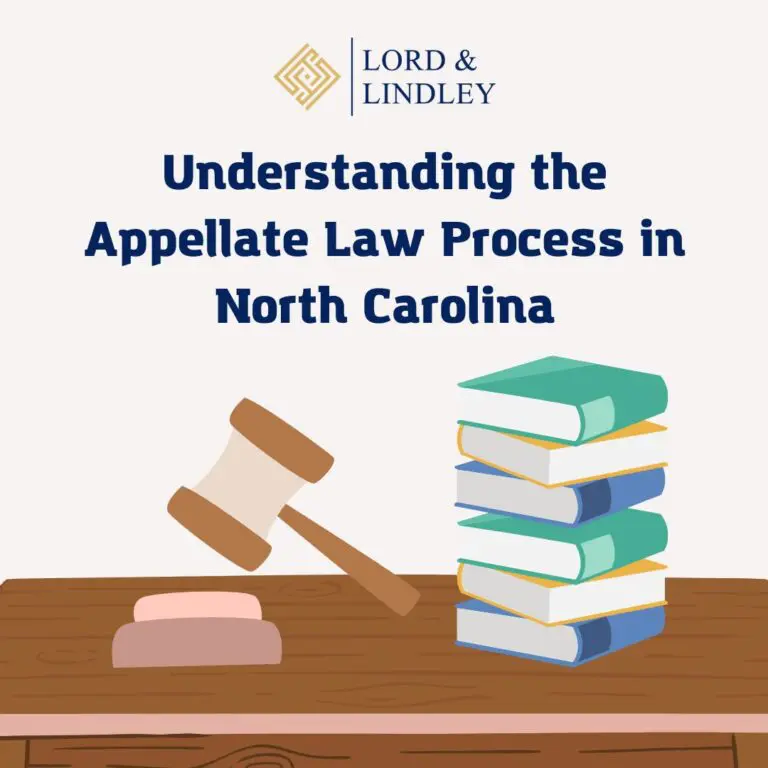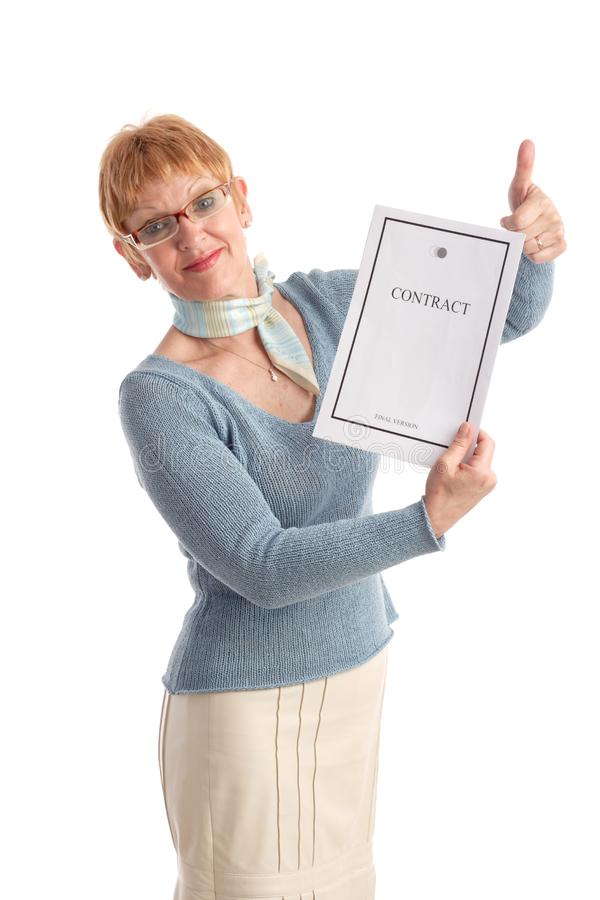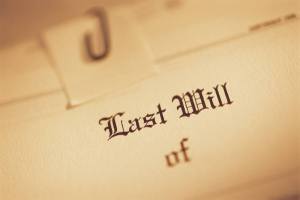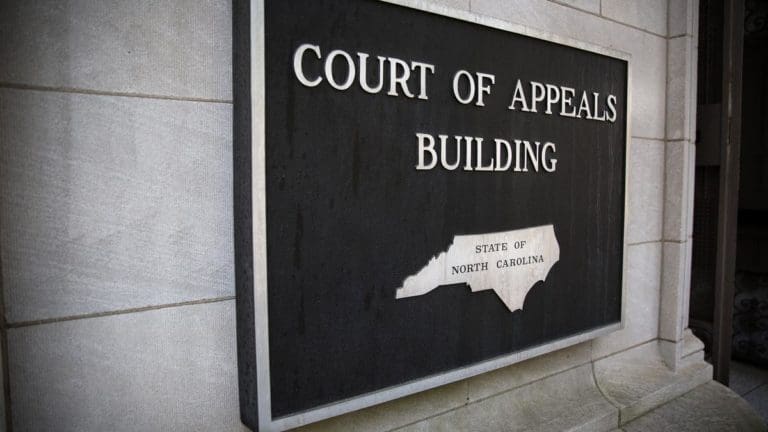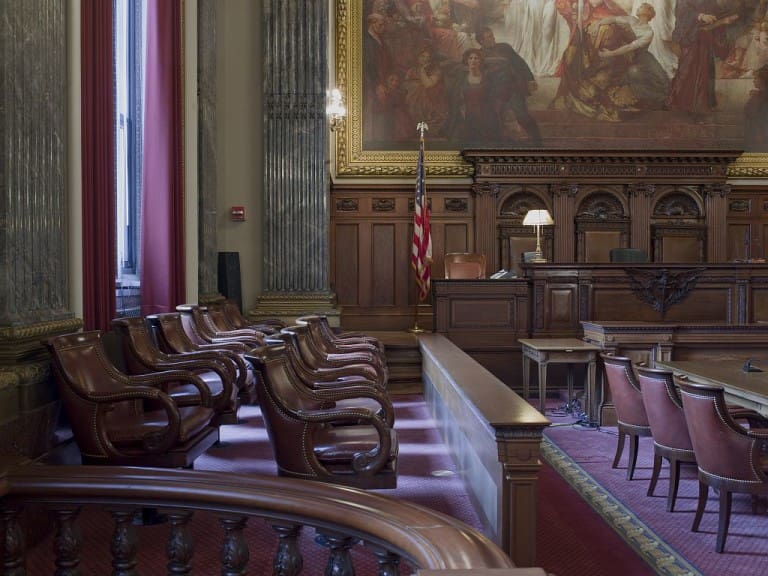North Carolina Court of Appeals
Navigating the appellate law process in North Carolina can be complex, but understanding the basics can help demystify the journey from trial court to appellate review. In North Carolina, the appellate process begins when a party files a Notice of Appeal. This must be done within a specific timeframe, typically thirty (30) days from the…
Read MoreIn S&S Family Business Corp., et al. v. Clean Juice Franchising, LLC, the North Carolina Court of Appeals addressed the impact of a forum selection clause in a business contract. A forum selection clause is a contractual provision that, if enforceable, designates a particular state or court to bring any litigation between the parties. In…
Read MoreIn B.V. Belk, Jr. v. VRS Magnolia Plaza, LLC, the North Carolina Court of Appeals addressed the question of when an easement can be implied by prior use. An easement is an individual’s right to use the land of another individual for a specific purpose. Frequently, easements are created by the express agreement of the…
Read MoreThe North Carolina Court of Appeals recently released an opinion in the matter Brawley v. Sherrill. The parties were disputing the interpretation of a will, which provided per capita distribution of estate assets to the testator’s children, but per stirpes distribution to her grandchildren. What do these terms mean, and how do they work together…
Read MoreRent prices in Charlotte are increasing, and these increases often lead to an uptick in evictions, as more tenants are unable to make their monthly payments. In North Carolina, a landlord can evict a tenant through a process called summary ejectment. In a typical summary ejectment action, a landlord alleges a valid lease agreement with…
Read MoreParty A and Party B enter into a contract. Party A will perform a service for pay from Party B. Party A performs the agreed-upon services, but Party B refuses to pay. What happens? As most of us know, Party A can sue Party B for breaching the contract. But what happens if there…
Read MoreThe North Carolina Court of Appeals decision in Aesthetic Facial & Ocular Plastic Surgery Ctr., P.A. v. Zaldivar highlights the unique impact of public policy considerations when determining the enforceability of a non-compete agreement against a medical doctor. To what extent are such agreements enforceable? At what point does the concern for the health of…
Read MoreWhat’s the best way for attorneys to show appreciation for jurors during the North Carolina Judicial Branch’s Jury Appreciation month? Lavishing them with gifts is prohibited, but one way attorneys can show some appreciation is by drafting jury instructions that make the lives of jurors easier by streamlining the deliberation…
Read MoreThe duty of good faith and fair dealing is essentially the Golden Rule of Contract law and Business Law: treat others how you want to be treated, and you have a better chance of avoiding litigation. When parties run afoul of this duty, courts notice and hold them accountable. In…
Read More
